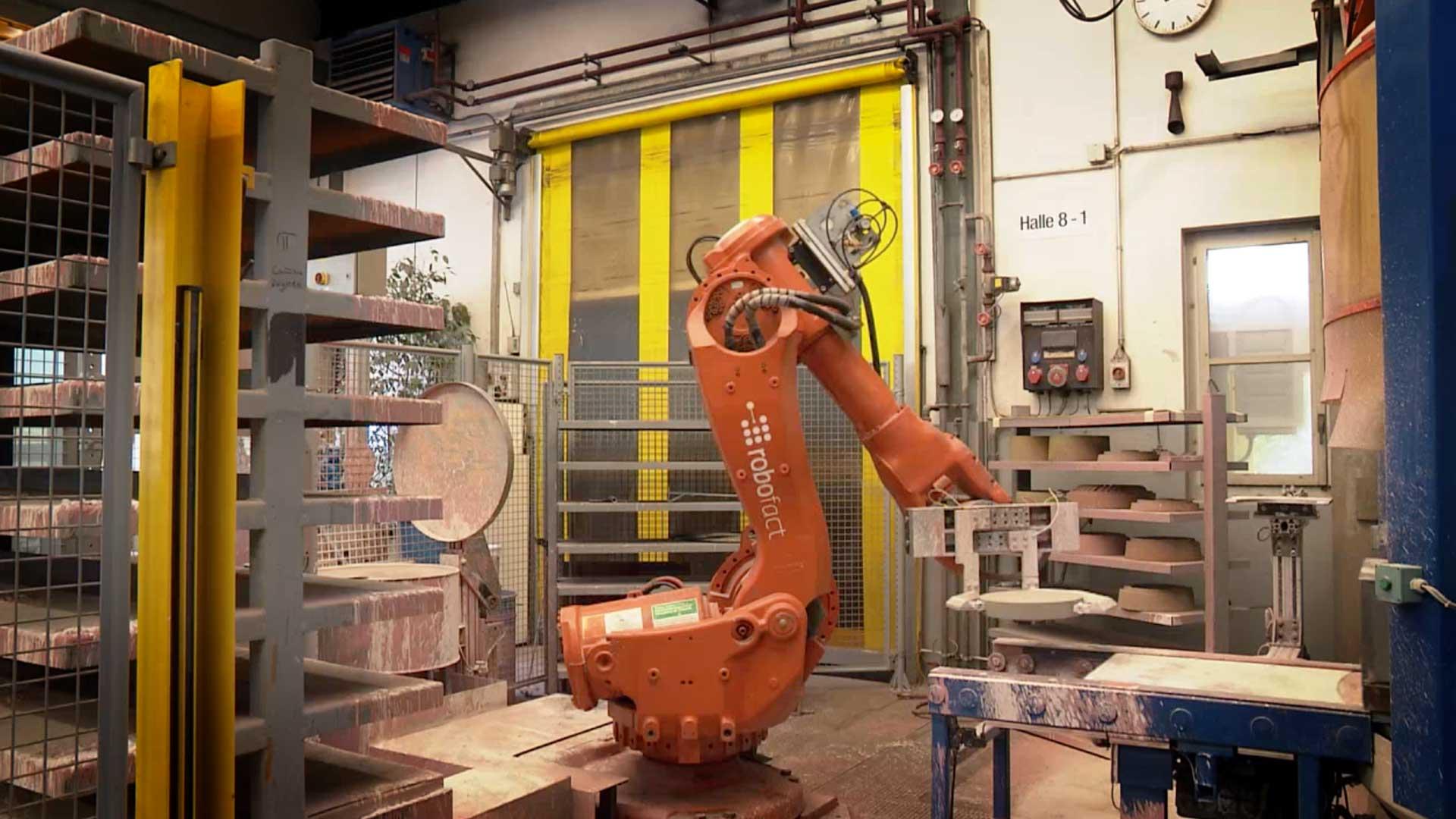
Bosses not worried by rise of robots

Nine out of ten employers in Switzerland say they are planning to maintain – or even increase – staff numbers over the next couple of years in order to remain competitive in an age of massive automation.

More
How will robots impact the Swiss job market
Digitalisation will create more jobs than it dismantles, according to the study “Skills Revolution 2.0External link” by international recruitment company Manpower.
“While some tasks will disappear, technology and digitalisation will change certain jobs and create new ones,” said Leif Agnéus, head of Manpower Switzerland.
“Companies increasingly need skilled workers in information and communications technology (ICT) and workers who are prepared to adapt and constantly learn.”
Agnéus said the greatest challenge for employees in the digital age would be “nurturing their curiosity and constantly developing their skills in order to guarantee their employability”.
So-called soft skills – social, personal and interdisciplinary competences – are in great demand and the hardest to find, the authors wrote. Equally important, they said, were uniquely human qualities such as empathy, curiosity, reasoning, the desire to learn and the ability to form relationships and solve problems.
“These skills and emotional intelligence complement technology and minimise the risk of being replaced by a machine,” Agnéus said.
The study
The Manpower study was carried out in October 2017 by market researchers Infocorp.
A total of 19,718 employers in six sectors in 42 countries were asked about the effect of automation of the job market.

In compliance with the JTI standards
More: SWI swissinfo.ch certified by the Journalism Trust Initiative






























You can find an overview of ongoing debates with our journalists here . Please join us!
If you want to start a conversation about a topic raised in this article or want to report factual errors, email us at english@swissinfo.ch.